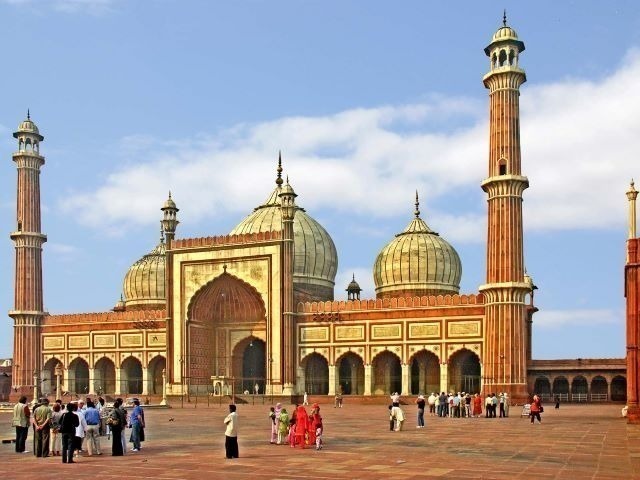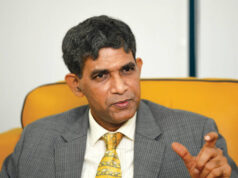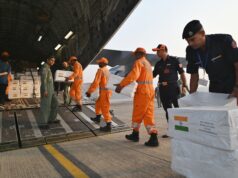 By Shakir Husain
By Shakir Husain
NEW DELHI — Muslims in India are observing a low-key Ramadan as the coronavirus has taken a toll on some of the holy month’s most cherished traditions.
The normally bustling bazaars in Muslim neighbourhoods are barely able to offer basic essential goods as a nationwide lockdown remains in force and supply chains are under severe stress.
Congregational prayers or the special tarawih night prayers are not being held at mosques.
Also gone are the community iftars and family visits to relatives and friends during the fasting month.
The famous 17th century Jama Masjid (pic), which towers over Old Delhi, wears a deserted look, bereft of its daily thousands of worshippers.
The mosque’s large courtyard, which can accommodate 25,000 worshippers, earlier used to be full of families breaking fast with home-cooked meals, and the nearby streets, decorated during Ramadan, traded in the merchandise in high demand during the month.
“We miss all that. The month of Ramadan is very special to us in this area but there can be no public gatherings,” said Syed Tariq Bukhari, general secretary of the Muslim Majlis-e-Amal organisation.
“We pray for the world to become free of this pandemic. We pray for everyone’s welfare. We must follow the procedures and rules being implemented by the government to control the coronavirus,” he told Bernama.
Like in other mosques big and small, prayers at one of India’s largest mosques these days are performed only by the imam, muezzin and the staff staying on the premises.
Islamic scholars in India have asked the Muslim community to pray at home and maintain social distancing to contain the viral infection.
India initially announced a nationwide shutdown for three weeks starting March 25 but it has been extended to May 3.
However, one activity that holds special significance for Muslims during the fasting month is not being curtailed.
People are allocating more money for charity and helping those who have suffered a loss of income and jobs during the lockdown.
“It is our religious duty to reach out to those in distress. We are working among the marginalised sections of society irrespective of their faith or community to deliver groceries and medicines.
“These are hard times for those whose livelihoods have been hit in the pandemic,” said Maskoor Ahmad Usmani, who is part the Unite for Change group of volunteers and a former president of the Aligarh Muslim University (AMU) students’ union.
Those who may have earlier thought of spending money on organising iftars, sometimes too lavish, are contributing to charity.
“We can see more enthusiasm among people to contribute to charity in the spirit of Ramadan. Since many people are unable to come out to ask for donations, we should seek out those who deserve help,” said Saud Alam Qasmi, a professor of theology and editor of the Tahzibul Akhlaq monthly journal of AMU.
Observing Islamic tenets in the midst of the coronavirus outbreak is also being seen as a test of patience and adaptability.
“Showing flexibility in such situations does not make us less Muslim. Performing tarawih prayers alone or at home is also part of Sunnah (the teachings and traditions of the Prophet Muhammad),” Qasmi said.
“The loss of mobility and traditional public activities means we have more time to pray and contemplate on the Quran’s teachings as well as focus on family education,” he said.
— BERNAMA










